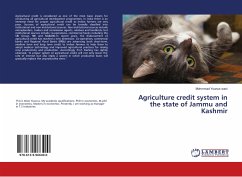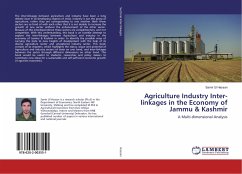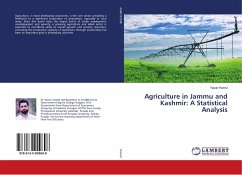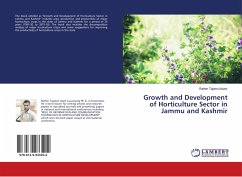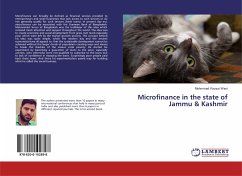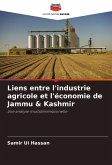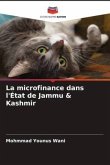Agricultural credit is considered as one of the most basic inputs for conducting all agricultural development programmes. In India there is an immense need for proper agricultural credit as Indian farmers are very poor. Sources of agricultural credit can be broadly classified into institutional and non-institutional sources. Non-Institutional sources include moneylenders, traders and commission agents, relatives and landlords, but institutional sources include co-operatives, commercial banks including the SBI Group, RBI and NABARD.In recent years, the disbursement of agricultural credit has reached a new dimension. Co-operatives, commercial banks and Regional Rural Banks (RRBs) are advancing both short-term, medium term and long term credit to Indian farmers to help them to adopt modern technology and improved agricultural practices for raising crop productivity and production. Accordingly, Prof. Darling has rightly observed, "A proper system of agricultural credit will not only lower the rate of interest but also imply a system in which productive loans will gradually replace the unproductive ones."
Bitte wählen Sie Ihr Anliegen aus.
Rechnungen
Retourenschein anfordern
Bestellstatus
Storno

